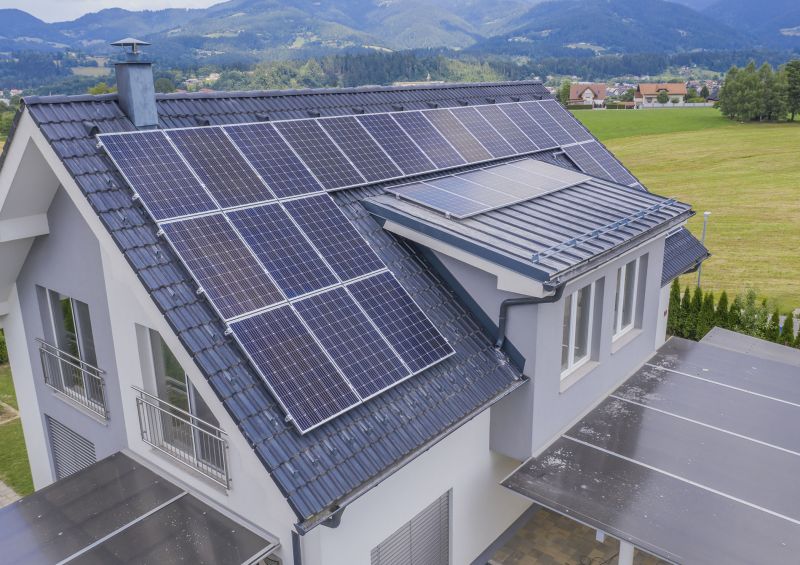A recent report on photovoltaic (PV) module production has stirred debate among environmentalists and industry experts. The report shows that the manufacturing process of these solar panels generates large amounts of pollutants. Critics argue that the environmental impact of the booming solar industry may not be as clean as it seems. Defenders of solar power, however, insist that the long-term benefits outweigh these so-called concerns. This article takes an in-depth look at the controversial report, analyzes its findings, and offers a different perspective on the matter.

Research result:
According to the report, the production of photovoltaic modules involves the emission of a variety of pollutants, including greenhouse gases (GHG), heavy metals and toxic chemicals. Emissions from fossil fuel-powered manufacturing facilities and the disposal of hazardous materials have been identified as major sources of environmental hazards. Additionally, the report claims that energy-intensive manufacturing processes significantly increase carbon dioxide (CO2) emissions, which may offset the positive impact of solar power generation in the long term.
Industry reaction:
Industry professionals and solar energy advocates have questioned the accuracy and reliability of the report. They believe the findings may not be representative of the industry as a whole because methods and production practices vary among manufacturers. Furthermore, they emphasize that solar panels have a long service life, which offsets the initial environmental costs associated with the production phase. Many companies in the solar industry have taken significant steps to reduce their environmental footprint and develop more sustainable materials and manufacturing processes.
Renewable energy advantages:
Advocates of solar energy highlight its inherent benefits in reducing dependence on fossil fuels, combating climate change and improving air quality. They argued that the report did not consider the long-term environmental benefits of solar power, such as reduced carbon dioxide emissions over the life of the panels. In addition, proponents point out that photovoltaic modules are an important part of the global renewable energy transition, which is crucial to combating the looming climate crisis.
Potential solutions:
The solar industry recognizes the need for continuous improvement and is actively exploring ways to mitigate the environmental impact of photovoltaic module production. Research and development efforts focus on reducing energy consumption in manufacturing processes, improving recycling technologies and utilizing sustainable materials. Collaboration between industry stakeholders, policymakers and environmental organizations is critical to identifying best practices and promoting tighter regulation of manufacturing processes.
in conclusion:
The controversial report found that the production of photovoltaic modules produces large amounts of pollutants, sparking an important discussion in the renewable energy sector. While the findings may cause concern, it is crucial to assess the wider impacts of solar use, including the potential for reducing carbon emissions and long-term environmental benefits. As the industry continues to evolve, a concerted effort must be made to address these issues and ensure that the production of photovoltaic modules becomes increasingly sustainable and environmentally friendly.
Post time: Dec-01-2023